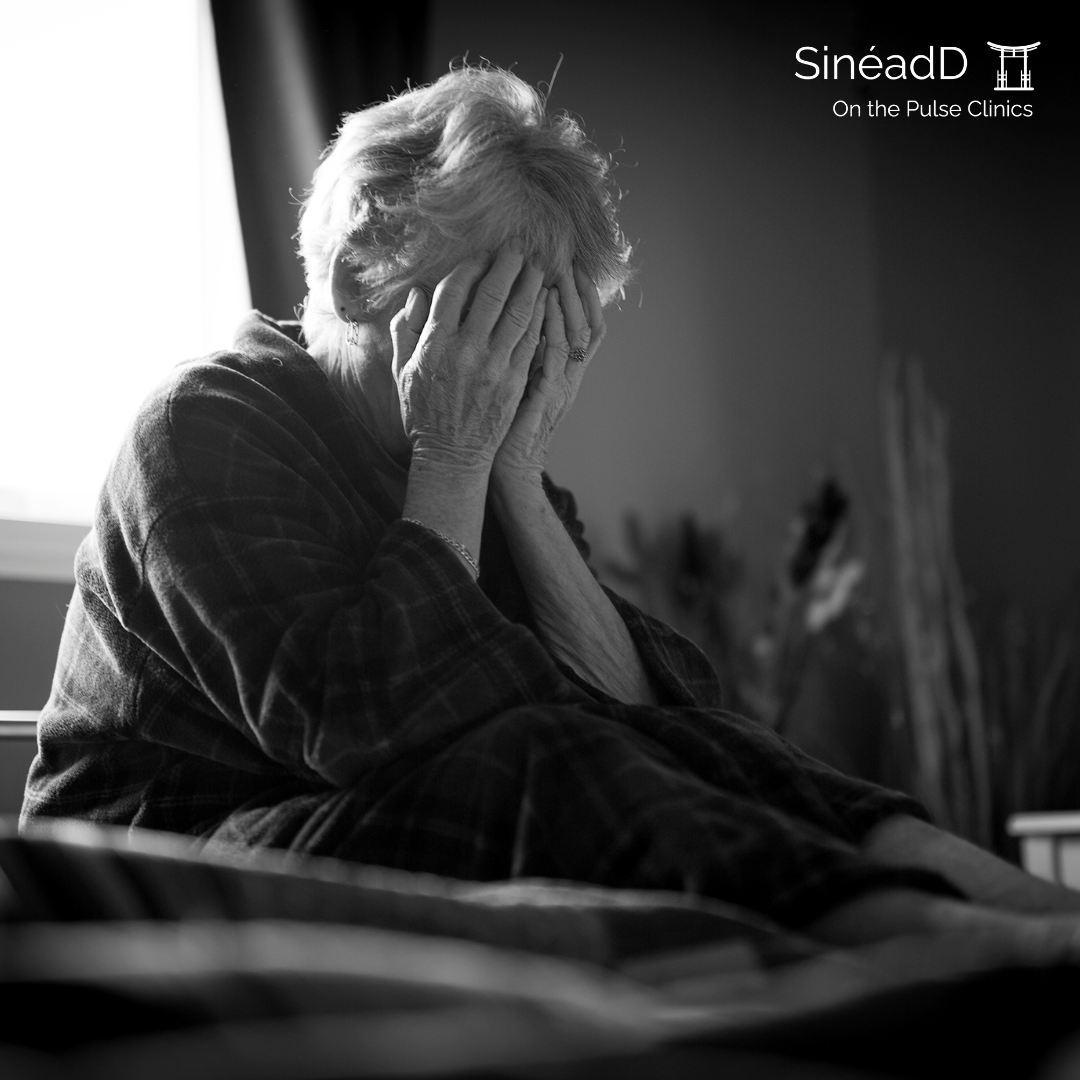Acupuncture and Needle Fear: What You Really Need to Know
For many people, the word acupuncture immediately brings up one thing: needles. Understandable, but it misses the real story of what treatment feels like and how it works.
I often hear: “Why would you let someone stick needles in you?” or “Isn’t that painful?” The reality is that acupuncture does not work in the same way as medical procedures people are more familiar with.
What makes acupuncture different
Medical needles used for blood tests or injections are hollow, designed to push medication in or draw blood out. They are relatively wide and strong. Acupuncture needles are completely different: they are solid, extremely fine, and designed to stimulate the body’s regulatory systems rather than deliver substances.
When a needle is inserted, most people feel little more than a fleeting sensation. Some experience a dull ache, tingling, warmth, or a sense of gentle pressure. In acupuncture, this is called the arrival of qi. In biomedical terms, it reflects stimulation of the nervous system to release endorphins and enkephalins into the bloodstream, while also increasing blood flow to the area being treated. These changes help reduce pain and support recovery.
Addressing needle fear
It is very common for first-time patients to feel anxious, even fearful, about needles. That fear is valid, and I acknowledge it. Yet in clinical practice it is rare not to see at least some reduction in pain after the first session. Patients are often surprised at how much better they feel leaving the clinic compared to how they arrived.
Why consider acupuncture
Acupuncture has been integrated into healthcare in the West for decades. Systematic reviews and large meta-analyses support its effectiveness for a range of conditions, especially chronic pain, headaches, and stress-related symptoms. It is not “alternative” or “mystical,” but a safe, evidence-informed intervention that can complement conventional care.
If pain, stress, or fatigue are affecting quality of life, and if standard options have not provided lasting relief, acupuncture is worth considering. What many patients fear most about the treatment quickly becomes the least of their concerns.
References
Vickers AJ, Vertosick EA, Lewith G, et al. Acupuncture for chronic pain: Update of an individual patient data meta-analysis. J Pain. 2018;19(5):455-474.
Linde K, Allais G, Brinkhaus B, et al. Acupuncture for the prevention of tension-type headache. Cochrane Database of Systematic Reviews. 2016;(4):CD007587.
#EvidenceInformedCare #ChronicPainManagement #StressReduction #IntegrativeHealthcare #AcupunctureResearch #HealthcareProfessionalsIreland

